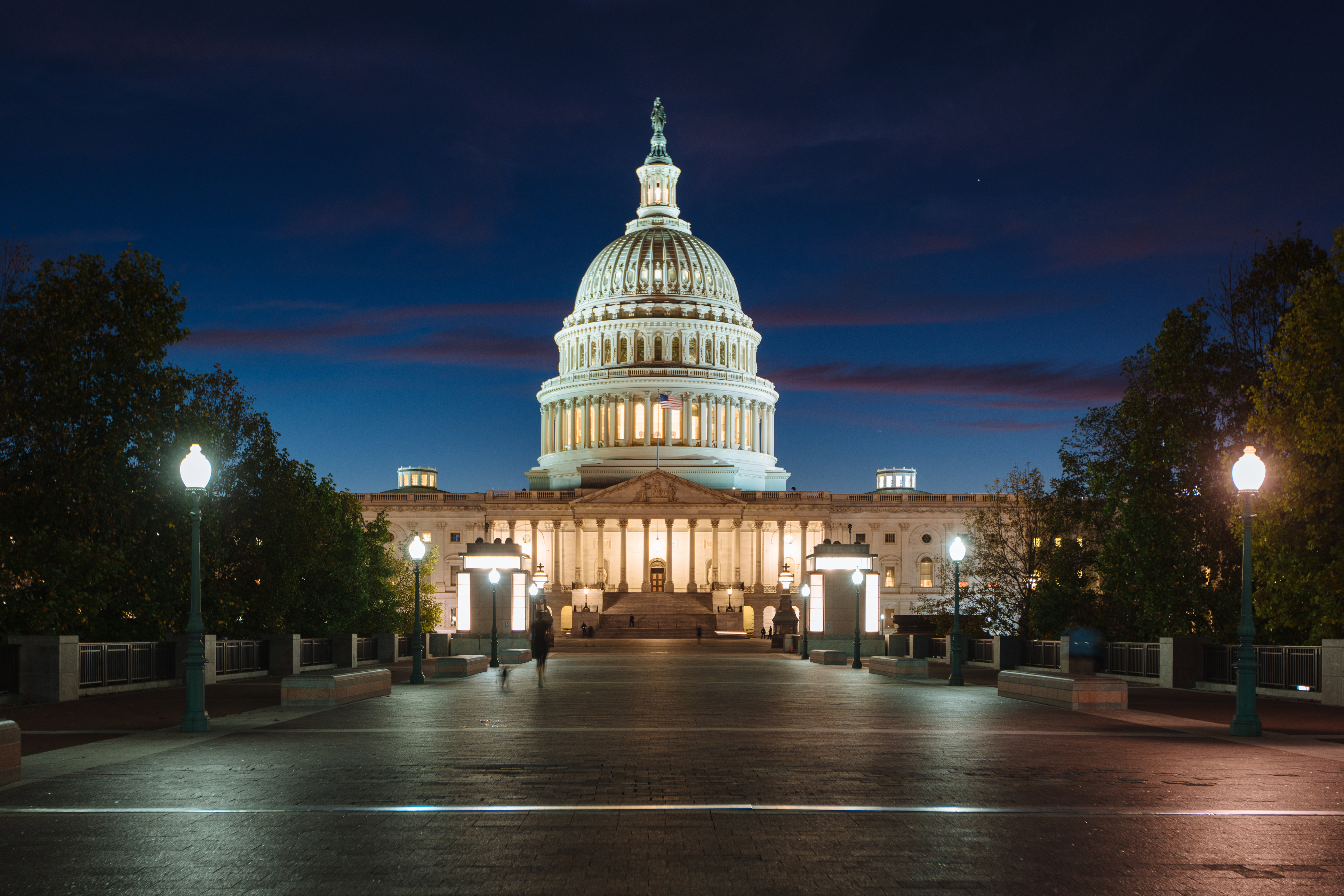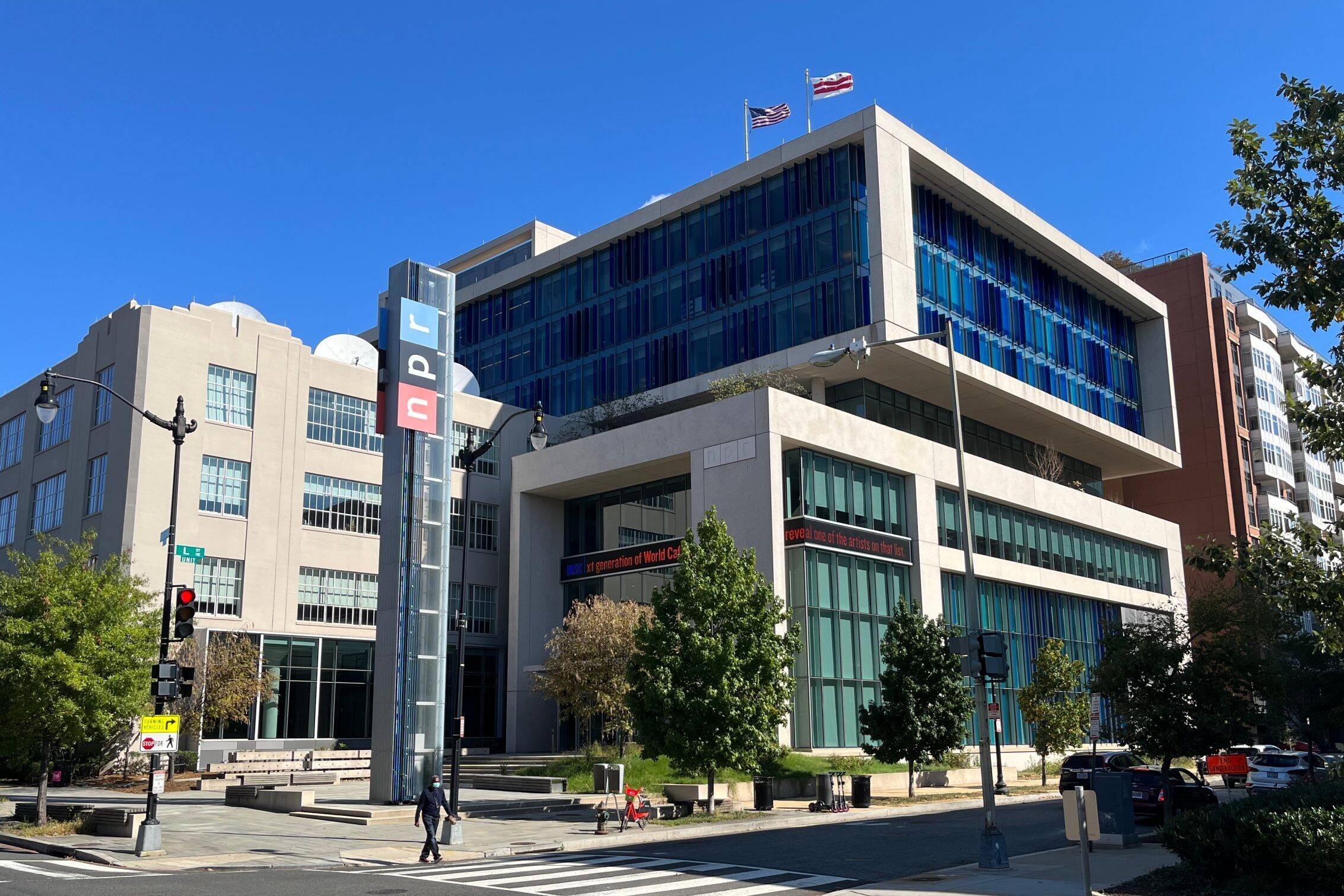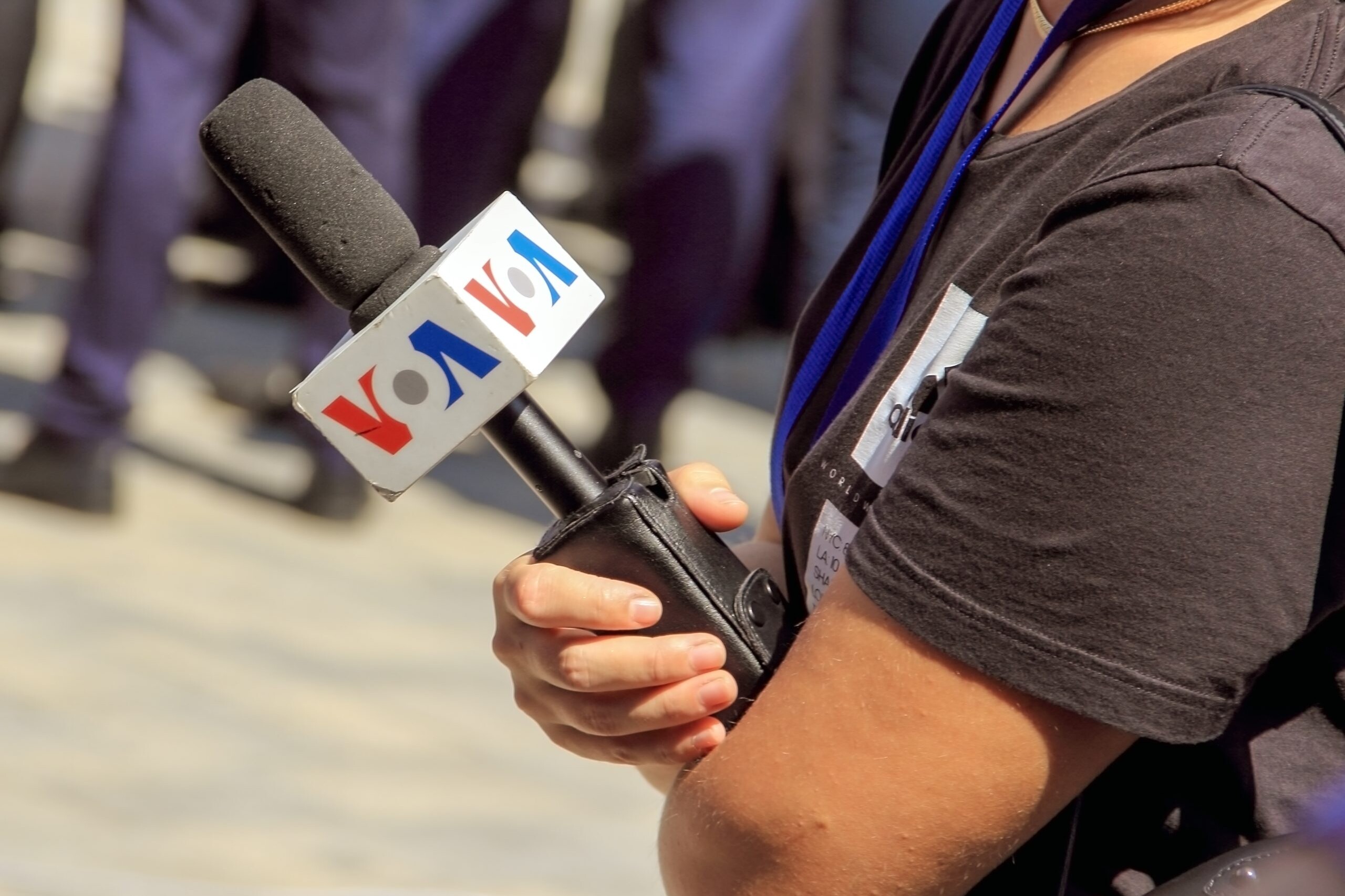What is happening to the USA’s public broadcasters?
20 March 2025
Pressure on US public media is being felt throughout the system, and while the nationwide broadcasters such as NPR and PBS are facing presidential-level scrutiny, the local stations are also contending with sometimes hostile legislators, and dwindling finances.

Donald Trump’s accession to the presidency in January heralded the start of a stormy period for American media and journalists. The executive order he signed at the beginning of this week, dismantling the US Agency for Global Media, and its subsidiaries, VOA, RFE/RL,RFA, and others led to an outcry from civil society groups and others about the state of freedom of public media and the press in the US.
But the alarm bell had been ringing for a while. The first wave of pressure came in January, when the new chairman of the Federal Communication Commission (FCC), Brendan Carr, requested an investigation into NPR and PBS, questioning whether public the public broadcasters are acting in the public interest. Carr questioned whether the two public broadcasting organisations should still receive state funds at all.
Subsequently, the CEOs of both NPR and PBS were called in to testify to before the congressional subcommittee on the Department of Government Efficiency (DOGE). Both CEOs said they welcomed the opportunity to set the record straight on the role of public broadcasting.
In response to a succession of attacks that directly endangered the viability of public media organisations, a coalition of more than 30 public media-affiliated organisations launched a campaign advocating for the sustainable funding of public media. We take a look at where the pressures are being felt across the local public media market in the US:
Read more: PMA warns gutting of USAGM puts journalism and news availability in peril
Pending decision over PBS board ban in Arkansas
Earlier this year, the Arkansas public libraries and public broadcaster were in the sights of the Republican lawmaker, Senator Dan Sullivan. He proposed a bill to abolish the independent boards of the Arkansas Educational Television Commission and the Arkansas State Library. The Commission is responsible for overseeing the public broadcaster, Arkansas PBS.
The bill included the transfer of their oversight power to the State Education Department and sought to eliminate all the funding for public libraries affiliated to the American Library Association, on grounds they facilitated the access to inappropriate content for children and “groomed” children. The bill would have ultimately threatened the funding of Arkansas PBS and paved the way for acute state control over the public broadcaster, risking its independence. The bill passed the Arkansas Senate and was presented to the House of Representatives earlier in March. The Arkansas Advocate reporter the bill was unlikely to pass this legislative stage.
Listen toour podcast
Uncovering and exploring the biggest
issues facing public media
SDPB cut threats pushed back in South Dakota
In December 2024, South Dakota governor Kristi Noem recommended heavy budget cuts to the state’s public broadcaster, SDPB, amounting to $ 3.6 million. Civilian supporters protested against these cuts, stating it could erode education and local reporting and undermine public safety and government transparency.
Concerns were raised by the opposition that such significant cuts in SDPB’s budget would lead to reductions in local programming and layoffs. Earlier in March, legislators ruled out Noem’s proposal and voted to maintain the state funding of SDPB, emphasising the importance of the public broadcaster’s mission to relay public safety information and other local programs it transmits.
Public Prairie’s funding remains uncertain in North Dakota
In February, the North Dakota House of Representatives passed a bill to ban the federal funding of the public broadcaster, Prairie Public. The instigator of the bill, Jorin Johnson, told the North Dakota Senate that the restriction of Prairie Public’s federal funding, $1.2 million, would not jeopardise its mission as other donors would rally to support the public broadcaster.
According to the congressman, “the original mission of PBS is no longer accurate with the explosion of digital media, streaming services and content creators.” However, the Senate voted otherwise, on grounds that Public Prairie has a key role in local reporting and emergency broadcasting. The facilities of the public broadcaster have also been useful to the state, especially its broadcast towers. If Public Prairie is still going to receive state funds, the amount however remains undetermined.
Layoffs at New York Public Radio
Longstanding financial struggles at New York Public Radio (NYPR) forced the organisation to layoff 7 percent of its staff and shut down two more programmes. The financial limbo of the public broadcaster already pushed NYPR to cut jobs and programming in September 2024. The public broadcaster explained that a decline in listenership and the shift of advertisement to digital platforms was the cause. “These actions are necessary: They bring the organization into a financially sustainable position precisely so that this work can continue,” said the Chief Executive.
To address the issue of audience decline, four public radio stations joined forces in a “Tri-State” public radio music partnership. The collaboration would focus on content creation and building audience by widening their geographical reach. This pioneer project in the US secured a grant from the CPB, to create a detailed five-year business plan, including a staffing and management structure that could serve as a model for similar partnerships between stations nationwide.
Support falls for KWBU in Texas
The Baylor University, which provided financial support to the local public radio of Waco in Texas, said they would cease their patronage. For the public broadcaster, it meant a loss of 20 percent of their budget. In a statement, the KWBU ensured that they were “committed to providing trusted news and cultural programming with NO paywall, ensuring broad access for all” but such a significant hole in their finances will require them to find more donors to ensure the fulfilment of their mission.
Podcast: Listen more to the challenges that American public media on PMA’s podcast
Missouri public radio stations going independent
Two public radio stations in Missouri recently made a move to become independent non-profit organisations. KWMU St. Louis and KCUR Kansas City said they would separate from the Universities which controlled them until now and from which they were operating.
The license and governance of St. Louis Public Radio (STLPR) will transition to the Friends of KWMU Inc. and the two radio stations would keep their advisory boards. This transition would take three years according to the broadcasters. This initiative was seen quite positively, with University of Missouri-St. Louis Chancellor Kristin Sobolik saying “The move to independence allows STLPR to chart its own course while staying true to its mission of providing high-quality journalism and community service.”
Job cuts at NJ PBS, New Jersey
Earlier in March, New Jersey’s public broadcaster NJ PBS and NJ Spotlight News laid off seven people in their news division. A recent proposal from Governor Phil Murphy over the state budget suggested the allowance to NJ PBS should be reduced, from $1 million to $250,000.
WNET, a non-profit division of PBS supervising public broadcasters in New York City, Long Island and New Jersey, already cut jobs at the New Jersey public radio in 2024, and instituted a staff restructuring that affected 34 positions, including an undefined number within NJ Spotlight News, reported Current.
South Carolina’s public broadcaster severs ties with NPR
South Carolina’s public media station announced it will cut on some of NPR’s programmes, transitioning to a focus on local news. The S.C. Public Radio and S.C. Educational Television also announced they would go independent, as Congress’ scrutiny into state-funded broadcasting increased in the last few months. “NPR will remain an important partner providing access to national news, our emergency response network,…” ensured the chairman of the SCETV commission. This decision reportedly follows the demand of the audience of S.C.’s public broadcaster to increase the airing of locally produced content.
Layoffs at Sesame workshop:
The Non-profit organisation of educational content for children, Sesame Workshop (SW), famously known for the television show “Sesame Street”, announced a significant downsizing of its staff. The management of the organisation stated these measures “are necessary to ensure that the Workshop is poised to continue to deliver on its mission for years to come but that does not make the human impact of these reductions any less painful.”
This decision came after the major streaming platform Max owned by Warner Bros. Discovery said it would cease to stream the organisation’s flagship program from 2025. After Max’s announcement, employees at SW planned to form an union with the Office and Professional Employees International Union (OPEIU), to ensure they could participate in decisions impacting them.
Financial challenges pushes layoffs at New England public media:
New England Public Media (NEPM) had to let go of 13 percent of its staff, including newsroom members, citing financial challenges. In a statement, the organisation said that “like many media companies, though, we are navigating through a challenging financial environment. Despite our fiscal discipline, expenses continue to outpace revenue”. The public broadcaster has seen its workforce reduce by 40% in the last five years.
Related Posts
19th March 2025
PMA & others urge US to protect press freedom after USAGM order
More than 20 global media freedom…
18th March 2025
Why USAID cuts highlight the role of public media
The USAID funding cuts and its impact…
17th March 2025
USAGM cuts imperil journalism and news availability, PMA warns
The dismantling of USAGM will threaten…




